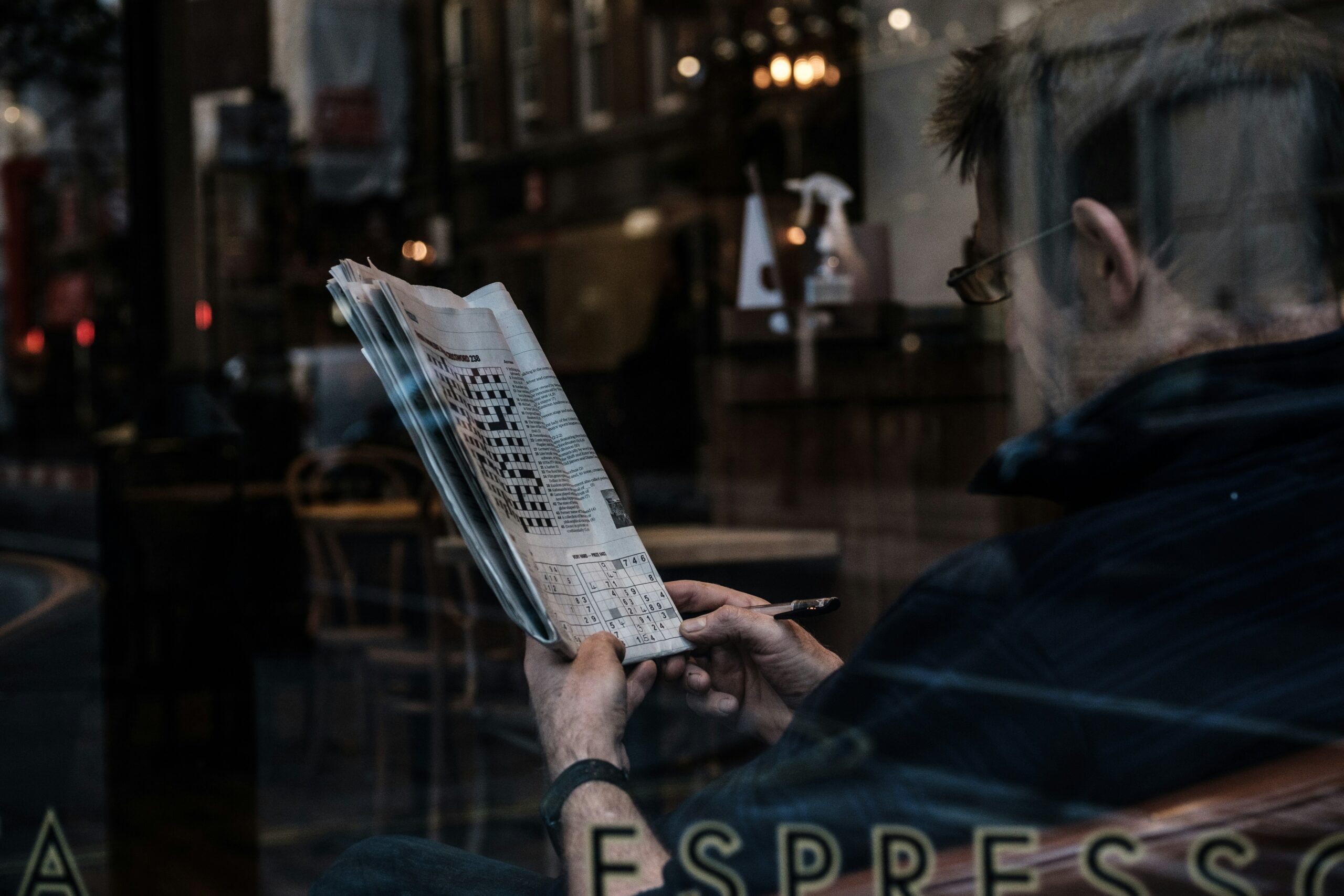Artificial Intelligence (AI) has become a buzzword in every industry. From self-driving cars to automated customer service, AI is reshaping the world at an unprecedented pace. But while most conversations focus on the benefits—efficiency, automation, and problem-solving—there’s a hidden side to AI that few talk about.
In this post, we’ll uncover some of the lesser-known truths about AI, the risks that come with it, and what the future might hold.
1. AI Isn’t as Smart as You Think
There’s a common misconception that AI is “intelligent” in the same way humans are. The truth? AI doesn’t actually “think.” Instead, it processes massive amounts of data, identifying patterns and making decisions based on pre-set algorithms.
Take ChatGPT, for example. It doesn’t have opinions or emotions—it generates responses based on probabilities and learned patterns from training data. That means it can sometimes provide incorrect or biased information, even though it sounds confident.
2. The Bias Problem No One Wants to Fix
AI learns from data, and if that data is flawed, the AI becomes flawed too. A system trained on biased information will reinforce those biases.
Consider hiring software used by big corporations. If trained on past hiring data that favored men over women, the AI might automatically reject female candidates—even if that bias wasn’t intentional. This issue exists in law enforcement, banking, and even healthcare, where AI decisions affect real lives.
3. The Energy Cost of AI
Most people don’t realize how much energy AI consumes. Training large AI models, like ChatGPT or image generation tools, requires massive computing power, which translates into huge energy use.
According to estimates, training a single advanced AI model can consume as much energy as several hundred homes use in a year. With AI adoption growing rapidly, the environmental impact is becoming a serious concern.
4. AI is Already Replacing Jobs—Even the “Safe” Ones
We’ve heard about robots replacing factory workers, but AI is now creeping into white-collar jobs. Writers, graphic designers, programmers, and even lawyers are starting to feel the effects.
For example, AI tools can now generate marketing content, analyze contracts, and even write software code. While AI isn’t perfect, it’s getting better—and that means fewer jobs in the long run. The question is: Are we prepared for a world where AI does most of the work?
5. The Privacy Nightmare No One Talks About
AI thrives on data. The more data it has, the better it performs. But that comes at a cost—your privacy.
Every time you use a voice assistant, post on social media, or browse the internet, AI systems collect data about you. Many companies claim they “anonymize” your data, but leaks and hacks have shown that de-anonymizing data is easier than you think.
Governments and corporations use AI to monitor behaviors, predict actions, and influence decisions. In some countries, AI-powered surveillance is already being used to track citizens in real time.
6. The AI Arms Race is Just Beginning
Countries around the world are racing to develop the most advanced AI systems, not just for commercial use but for military applications. Autonomous drones, AI-powered hacking tools, and predictive warfare strategies are already in development.
While AI has the potential to improve defense systems and prevent cyberattacks, it also raises ethical questions. Who is responsible when an AI-powered weapon makes a mistake? How do we prevent AI from falling into the wrong hands?
7. The Future of AI: Should We Be Worried?
Despite its risks, AI isn’t inherently bad. It has the potential to cure diseases, solve global problems, and improve quality of life. The key is responsible development and regulation.
Right now, AI development is happening faster than governments can regulate it. Without oversight, we risk creating systems that could manipulate, harm, or even control us. The challenge is finding the balance between innovation and ethics.
Final Thoughts
AI is transforming our world in ways we never imagined—but with great power comes great responsibility. The more we understand about AI’s hidden dangers, the better equipped we are to shape its future responsibly.
What do you think? Is AI a tool for good, or are we heading into dangerous territory? Let’s discuss in the comments!



